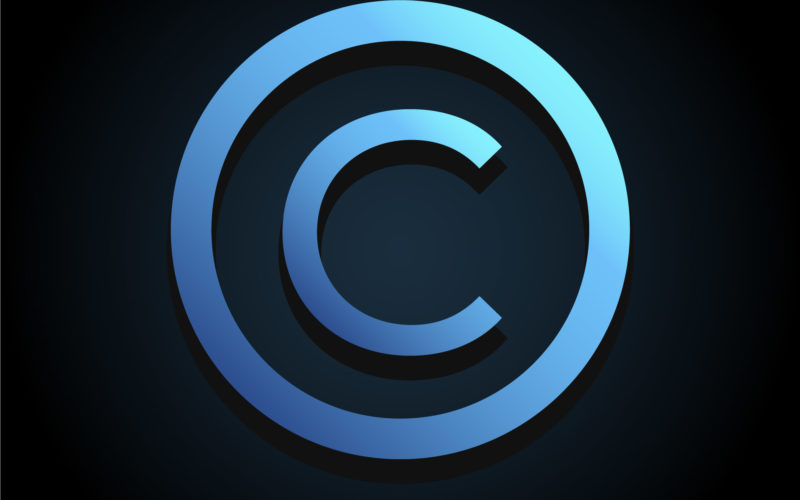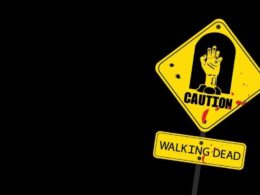The recent omnibus COVID-19 relief legislation, signed into effect by President Trump on December 27, 2020, included the Copyright Alternatives in Small-Claims Enforcement Act (“CASE Act”). The purpose of the CASE Act is to increase protections for creatives, including musicians, authors, photographers, independent filmmakers, and many others, who commercialize their works for their livelihood and rely on copyright to safeguard such works against unauthorized use and reproduction.1[1]1 166 Cong. Rec. 7930-05 (2020). The Case Act offers new incentives for creatives to protect their intellectual property, as it is easier than ever to litigate copyright infringement claims and enforce their intellectual property rights.
The Act is a result of a lengthy effort by lawmakers, creatives, and members of the copyright community to reform the Copyright Act and make bringing a copyright infringement claim a less onerous process.2 Prior to the CASE Act, copyright claimholders regularly were unable to obtain judicial relief because district court litigation costs exceeded the damages sought.3 Now, however, the Act authorizes the Copyright Claims Board within the U.S. Copyright Office to provide a more efficient and less costly forum for small copyright claimholders to enforce their rights.4 Copyright infringement claims previously were under the exclusive jurisdiction of federal courts, so the creation of the Board is an important step toward making judicial protections more accessible for the average copyright claimholder.
The Copyright Claims Board consists of three Copyright Claims Officers, each with expertise in the copyright field.5 The primary responsibilities of the Officers include overseeing the cases brought before the Board, conducting hearings and conferences, resolving disputes, and awarding damages.6 Participation in a Board proceeding is voluntary and must be brought within three years after the claim accrued.7 A claim or counterclaim alleging copyright infringement may only be asserted before the Board if the legal or beneficial owner of the copyright properly registered his or her copyright with the Copyright Office.8 Under the Act, the amount of damages the Board may award is capped at $15,000 in statutory damages per infringed work.9 Furthermore, the Board may not award more than $30,000 in total actual or statutory damages in any single proceeding.10
Judgments rendered by the Board are precluded from relitigation on the claims and counterclaims asserted and finally determined by the Board.11 Additionally, Board decisions face limited appellate review. Although a party may request the Register of Copyrights to review the Board’s ruling in cases of an abuse of discretion if the Board declines to reconsider its decision, parties to a Board proceeding may have little recourse from an unfavorable decision.12 A party wishing to challenge a Board decision must seek a timely order from a district court to vacate, modify, or correct the decision.13 This option, however, is only available in the following limited circumstances: (i) if the determination was issued as a result of fraud, corruption, misrepresentation, or other misconduct; (ii) if the Board exceeded its authority or failed to render a final determination on the matter at issue; or (iii) if the determination was based on a default or failure to prosecute due to excusable neglect.14
To prevent the Board’s docket being abused by copyright trolls, the CASE Act bars repeat frivolous filings. If the Board finds that on more than one occasion within a twelve-month period a party pursued an action before the Board for an improper purpose or without a reasonable basis in law or fact, that party is barred from bringing a claim before the Board for the twelve-month period following such finding.15 Furthermore, the Act authorizes the Register of Copyrights to establish regulations concerning the number of proceedings a claimant may bring each year.16
The CASE Act represents a significant shift towards simplifying the process of bringing a copyright action. As the Act incentives individuals to protect their intellectual property, there may soon be an uptick in copyright registrations as copyright owners hope to take advantage of the added protections.
Written by: Chloe Sucato
Chloe Sucato is Film & TV Staff Editor and 2L student at Brooklyn Law School
1 1 166 Cong. Rec. 7930-05 (2020).
2 Copyright Act, 17 U.S.C. §§ 101 et seq.
3 166 Cong. Rec. 7930-05 (2020).
4 Id.
5 Consolidated Appropriations Act, 2021, 116 H.R. 133 § 1502(b)(3)(A).
6 116 H.R. 133 § 1503(a)(1).
7 Id. §§ 1504(a)-(b).
8 Id. § 1505(a).
9 Id. § 1504(e).
10 Id.
11 116 H.R. 133 § 1507(a).
12 Id. § 1506(x).
13 Id. § 1508(c)(1).
14 Id.
15 Id. § 1506(y)(3).
16 116 H.R. 133 § 1504(g).




